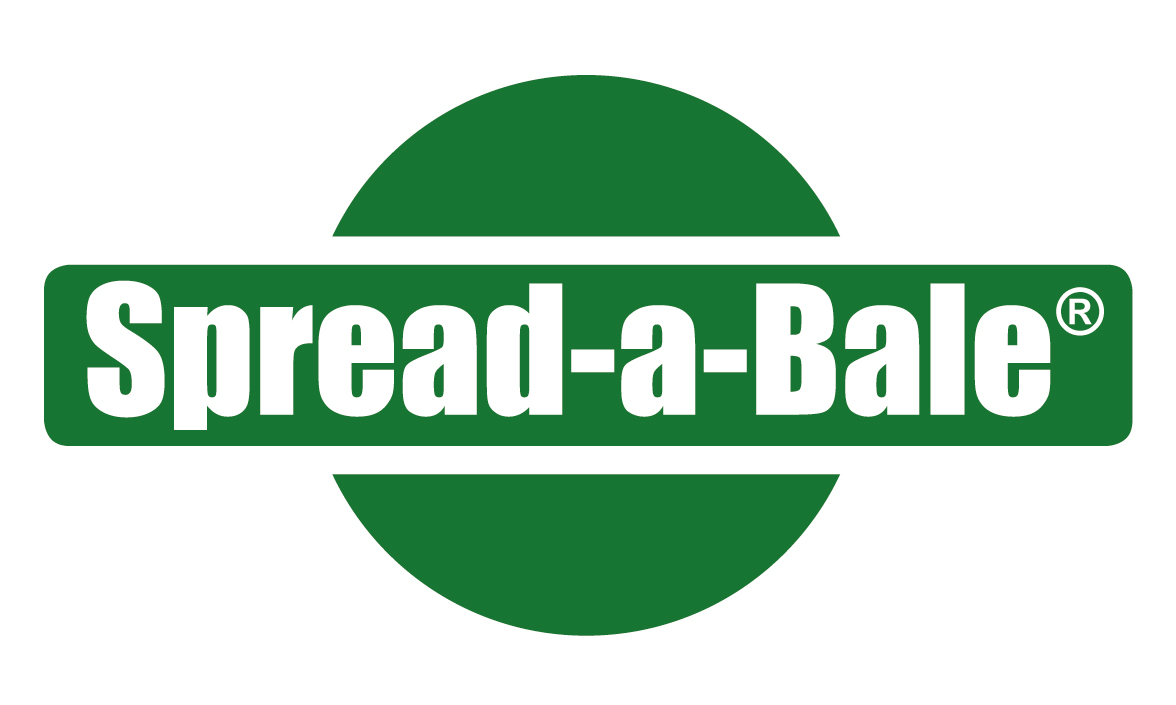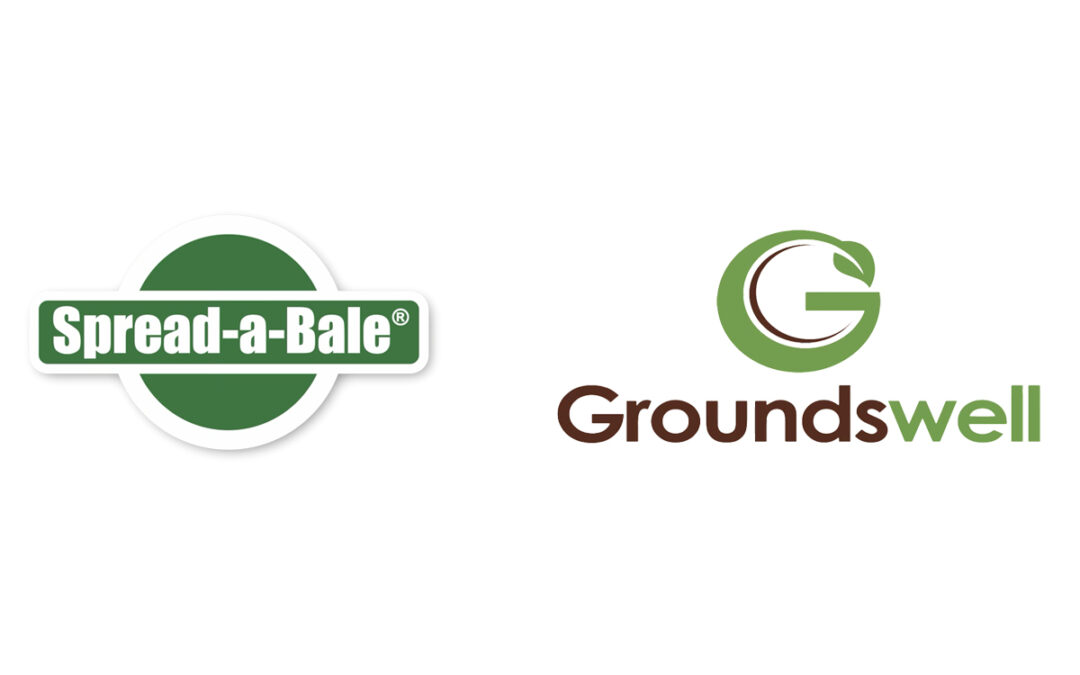Spread-a-Bale working in collaboration with Groundswell is playing an integral role in a ground-breaking project investigating if potatoes can be grown more sustainably with no till methods.
“The seven-year industrywide initiative is designed to determine the response to the potato crop introduced to various rotations without irrigation, herbicides and fungicides and minimal, if any, soil movement,” explains project manager, Groundswell’s Richard Harding.
“Spreading a uniform cover of straw over the newly planted tubers is vital to protect them from moisture loss, negate the need for irrigation even in a dry year, eliminate herbicide requirements and in the longer term, cost effectively improve the soil organic matter. We’ve found Spread-a-Bale is a machine which has been able to efficiently mechanise the job.
“2024, the project’s first year featured placing the potatoes direct on to the soil surface. This season the tubers were planted with a conventional three-row belt planter in soil which had been previously deep loosened. The 2025 trial’s major focus is to mechanically harvest the crop using existing harvesters.”
Immediately after planting, straw was spread over the tubers with a Spread-a-Bale Maxi 2VR HD XL
machine, specifically adapted with a 1.8m wide rear hood with a trailing 500ml long rubber flap to level off the straw.
The machine was attached with an A frame to the rear of a JCB Fastrac with 300ml wide tyres to minimise tuber disruption and soil compaction. The 0.36ha plot achieved sufficient coverage with
14 tonnes of wheat straw.
Spread-a-Bale’s Michael Hughes commented: “We are pleased to have a collaborative role in this exciting project with outcomes designed to pave the way for a more sustainable method of potato crop production. Straw offers an ideal medium for mulching other root crops including carrots and perishable higher value crops such as strawberries. Our straw spreading machines are able to offer the solution to providing that essential even cover, cost efficiently with absolute minimal labour requirements.”


Recent Comments